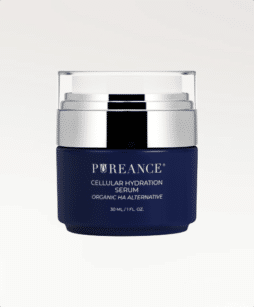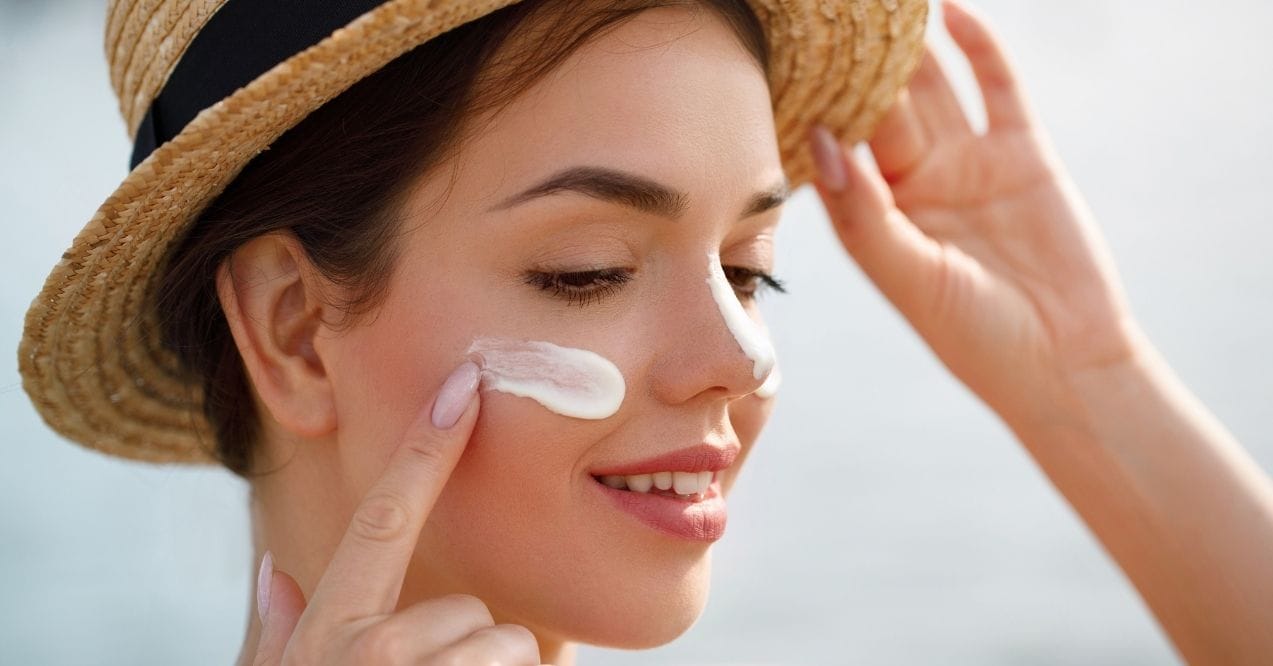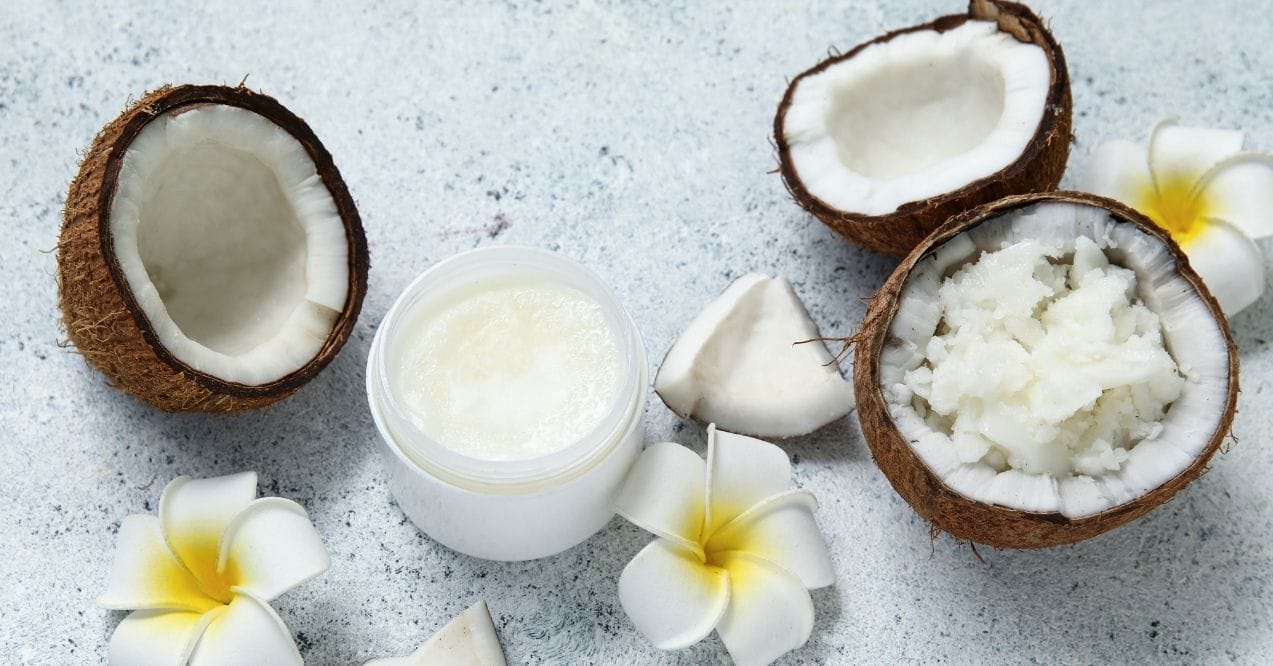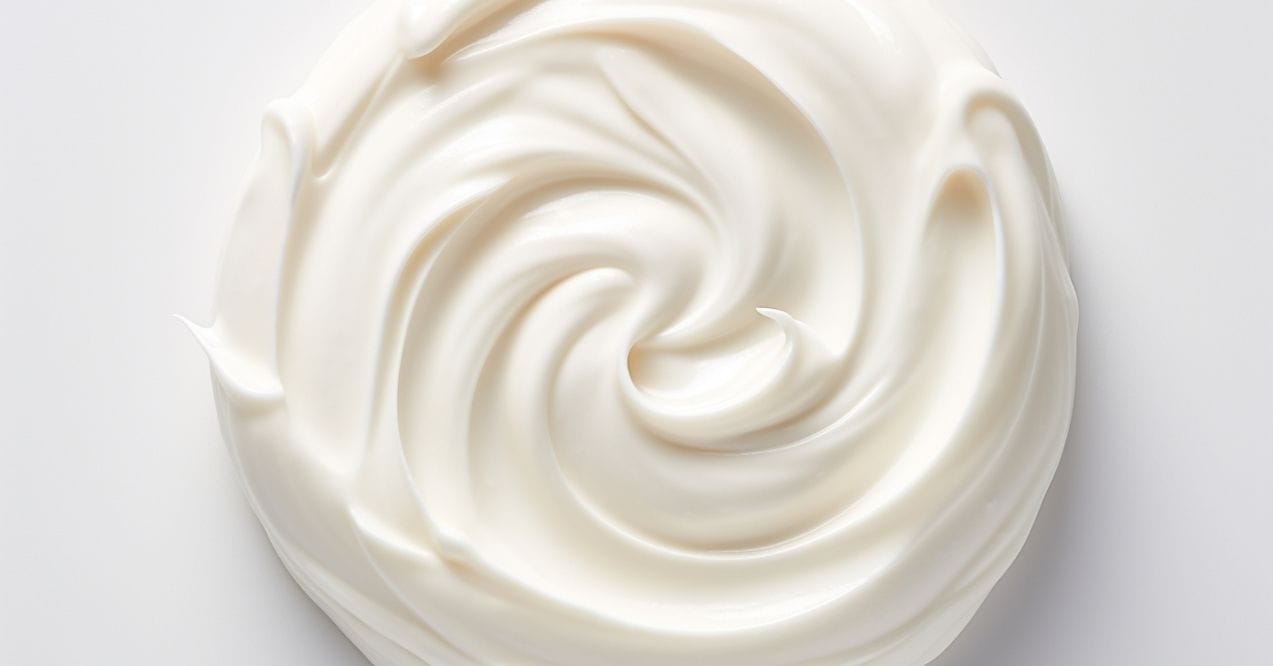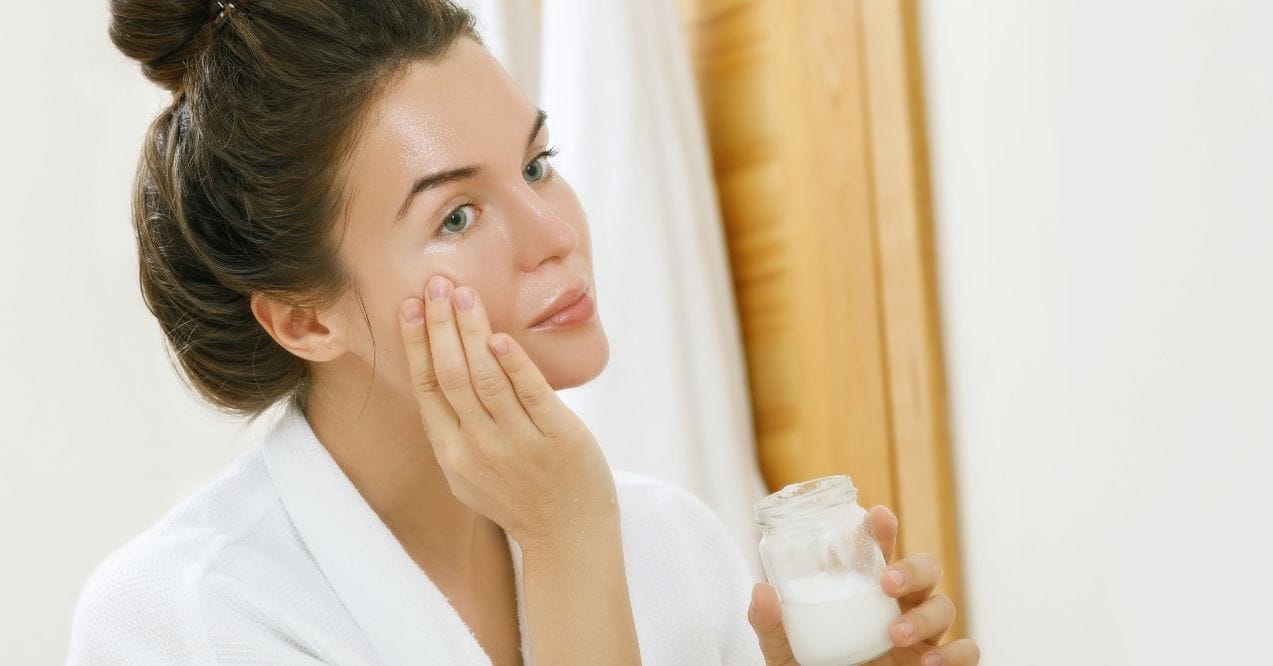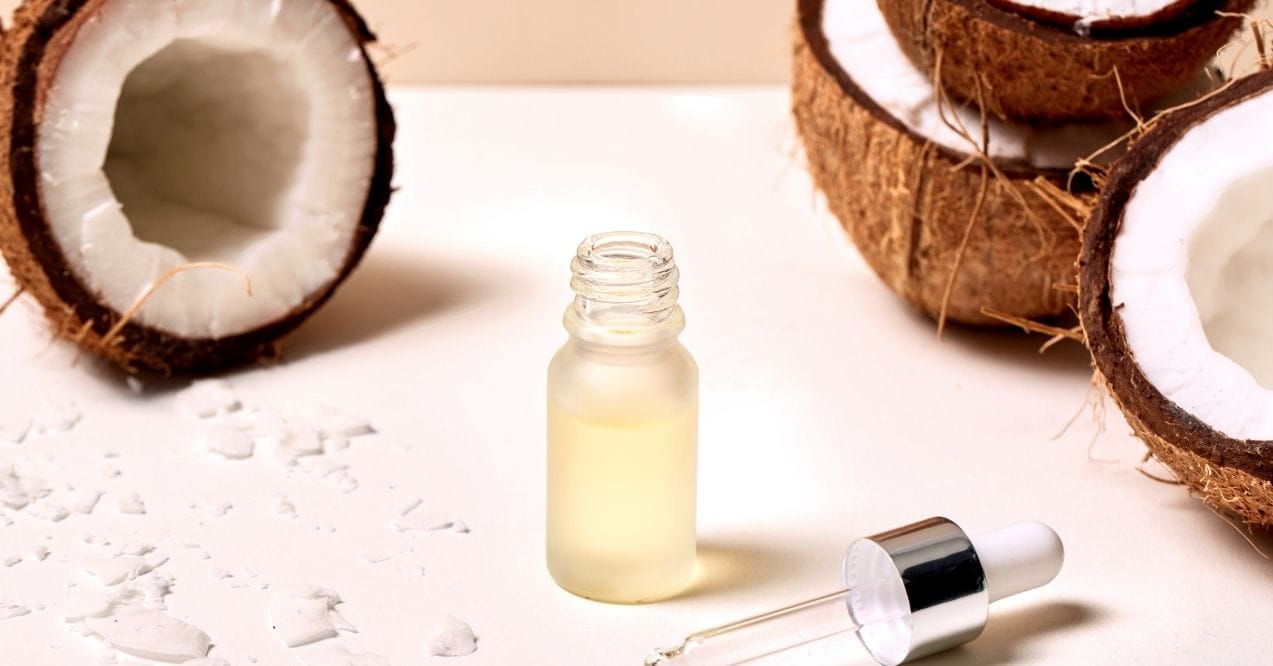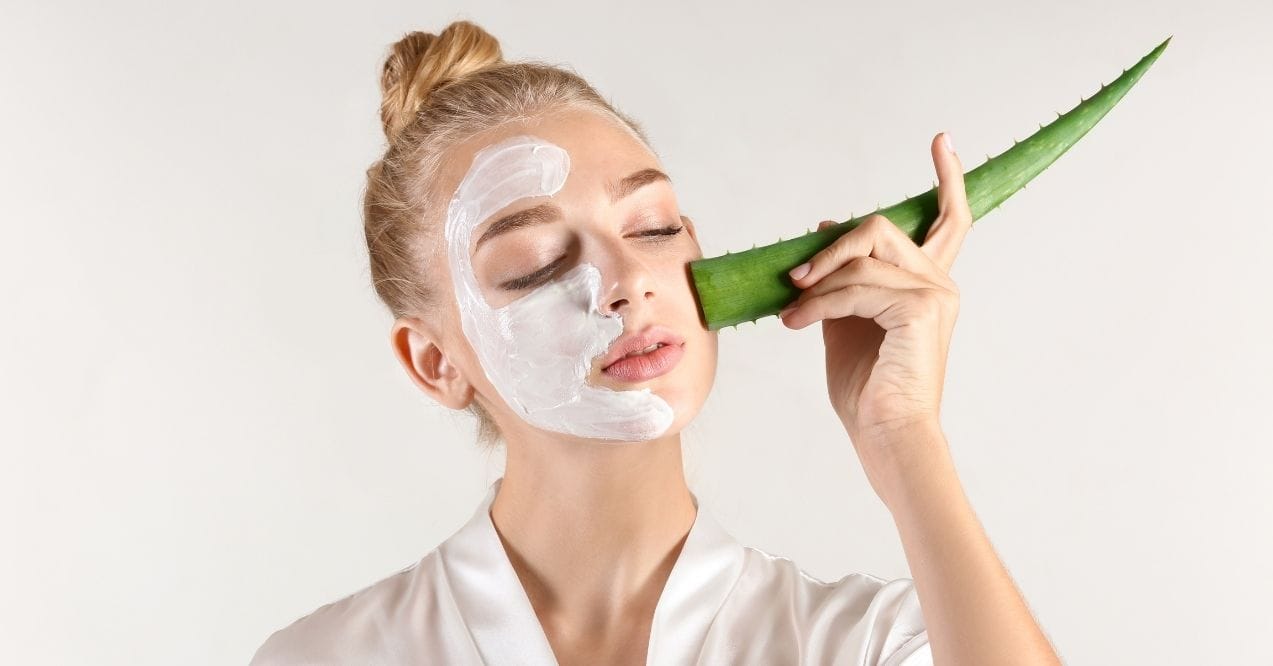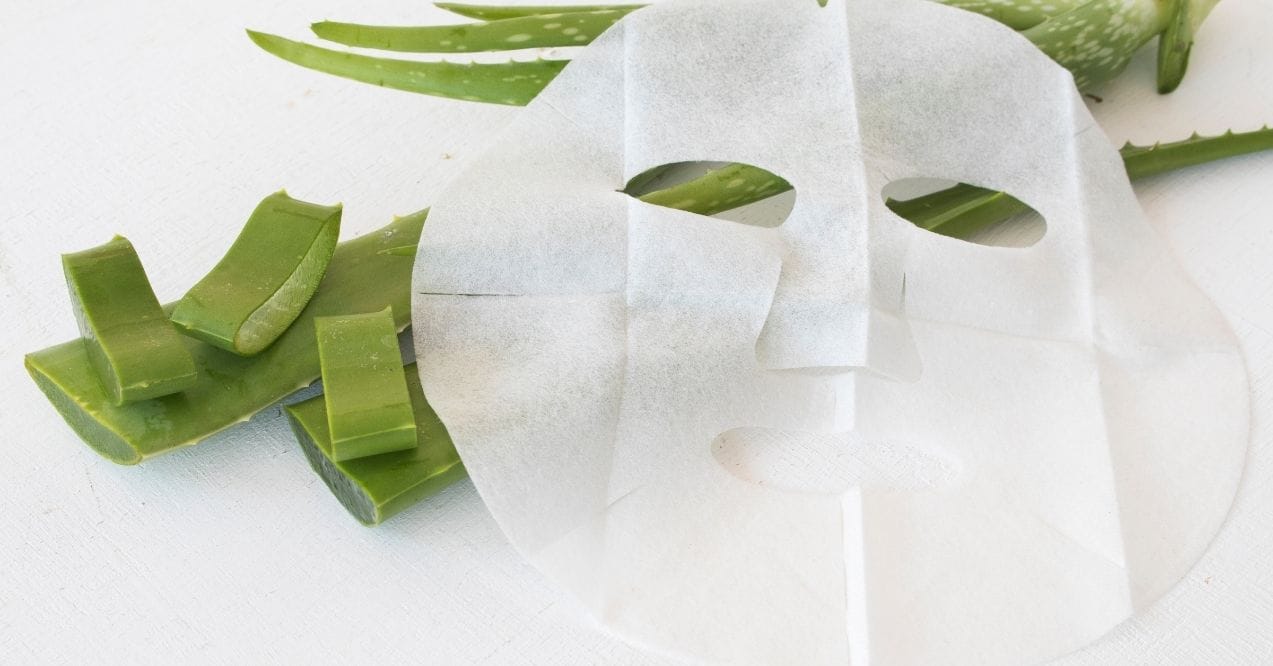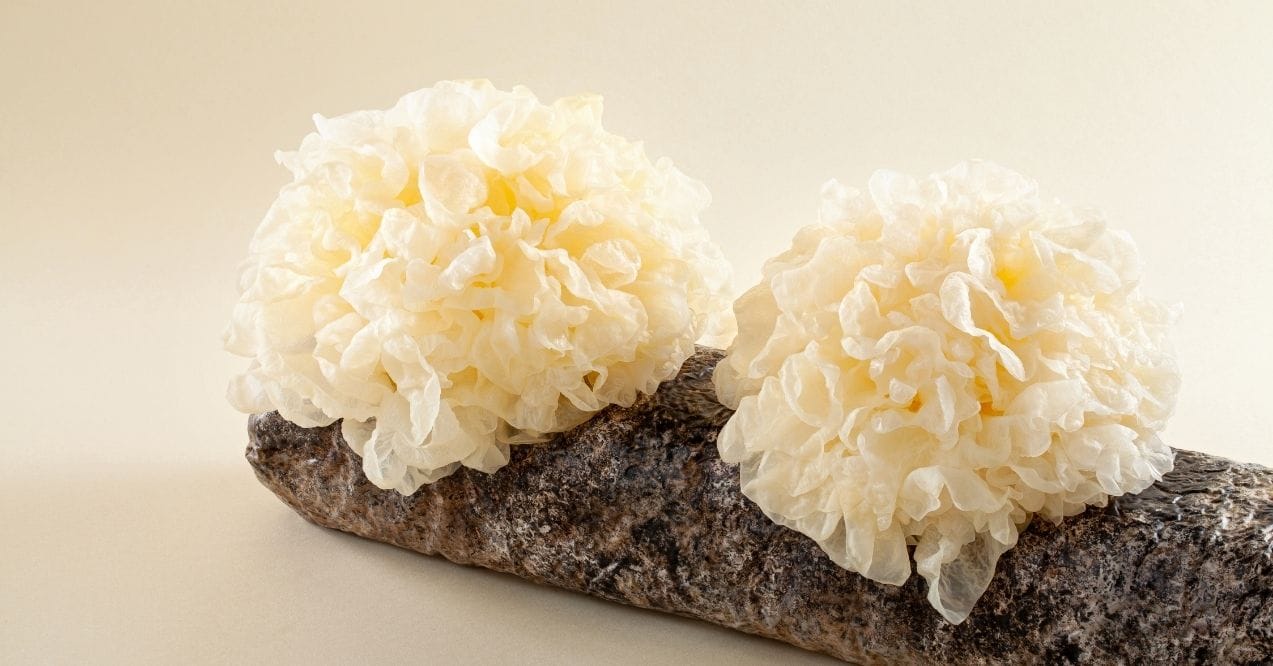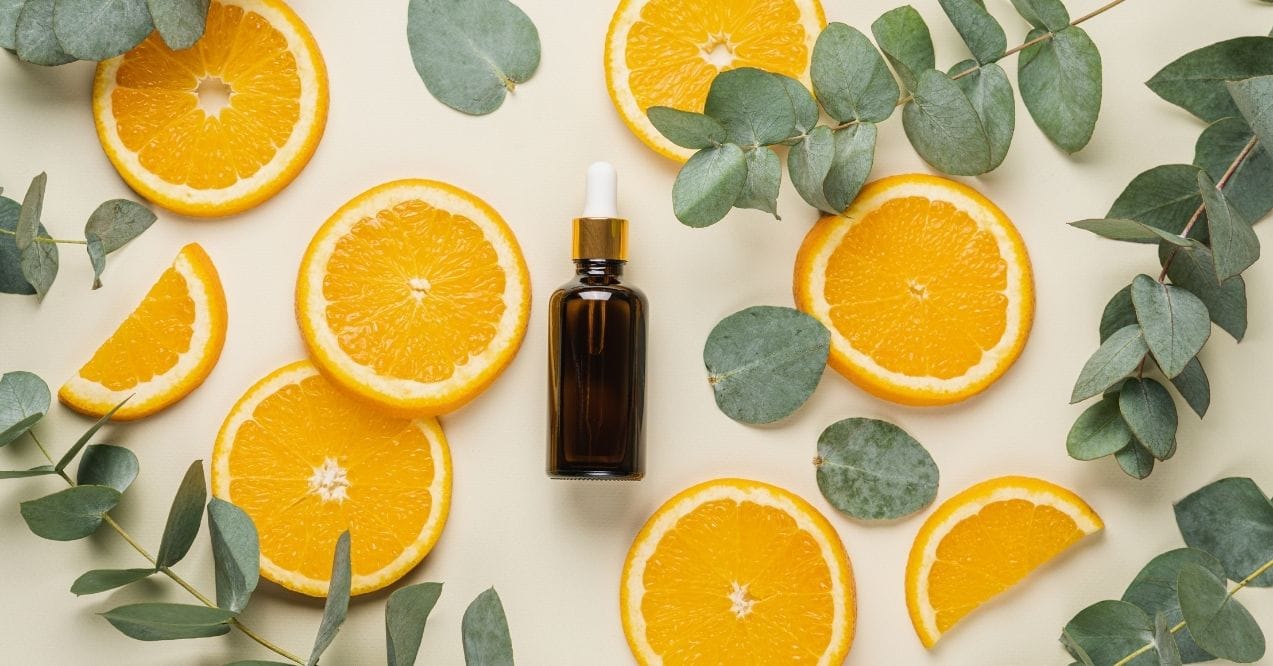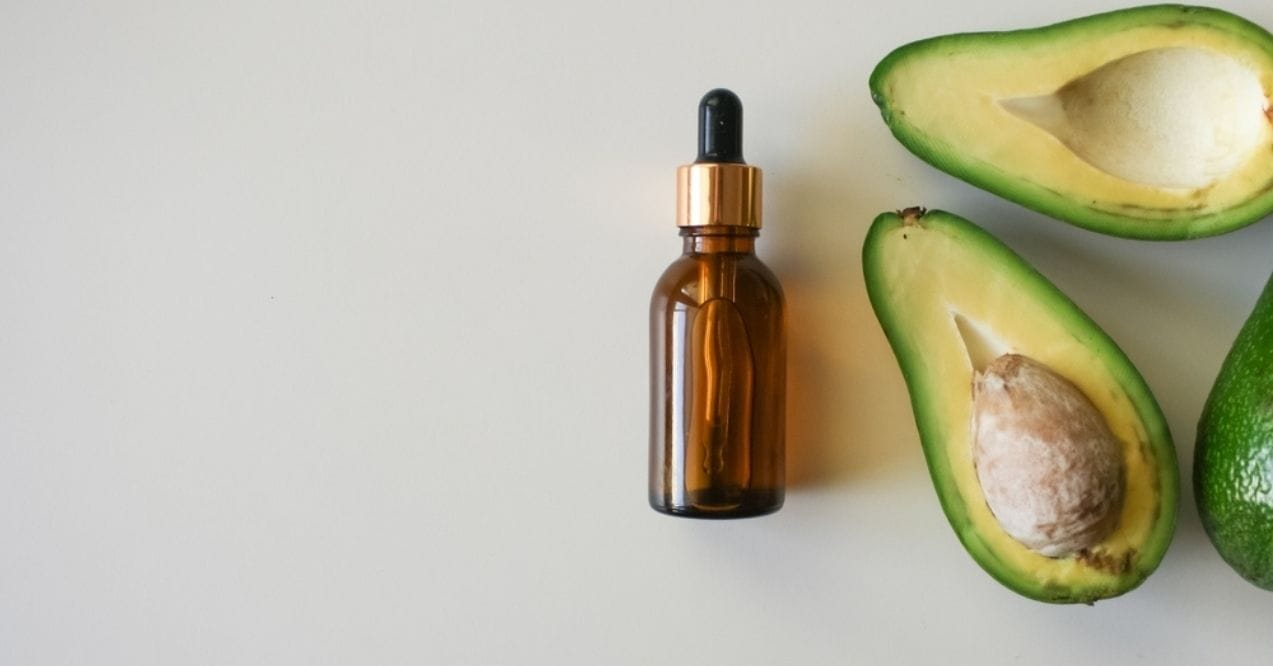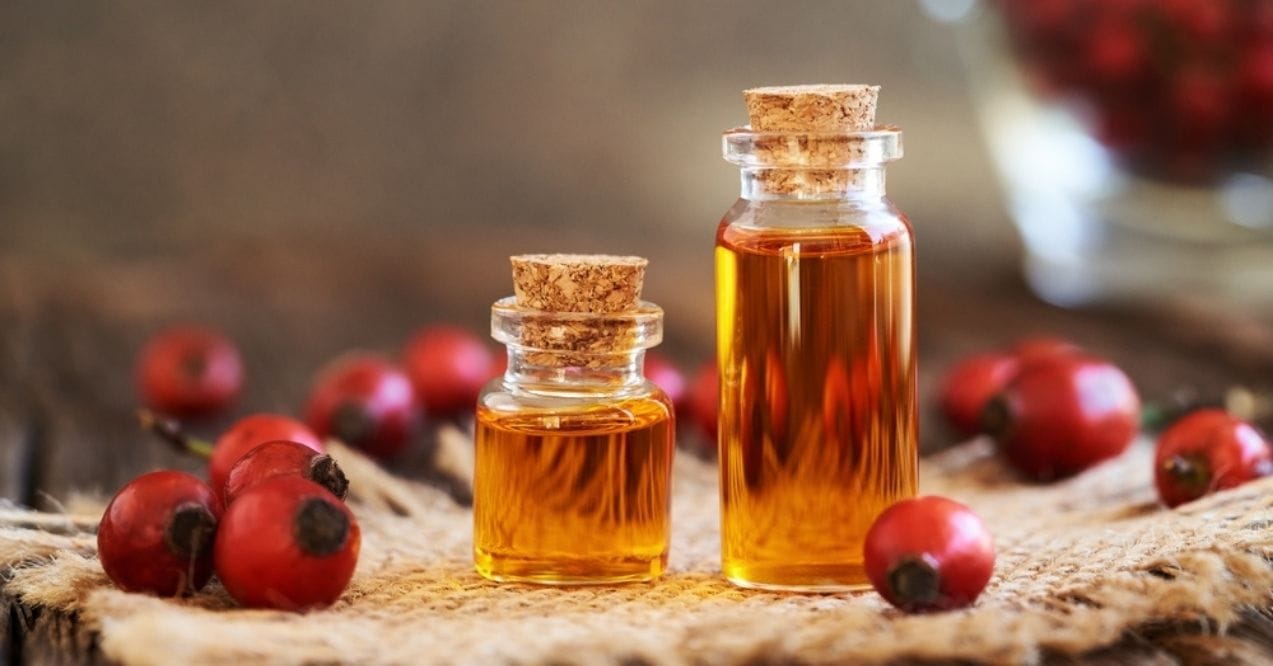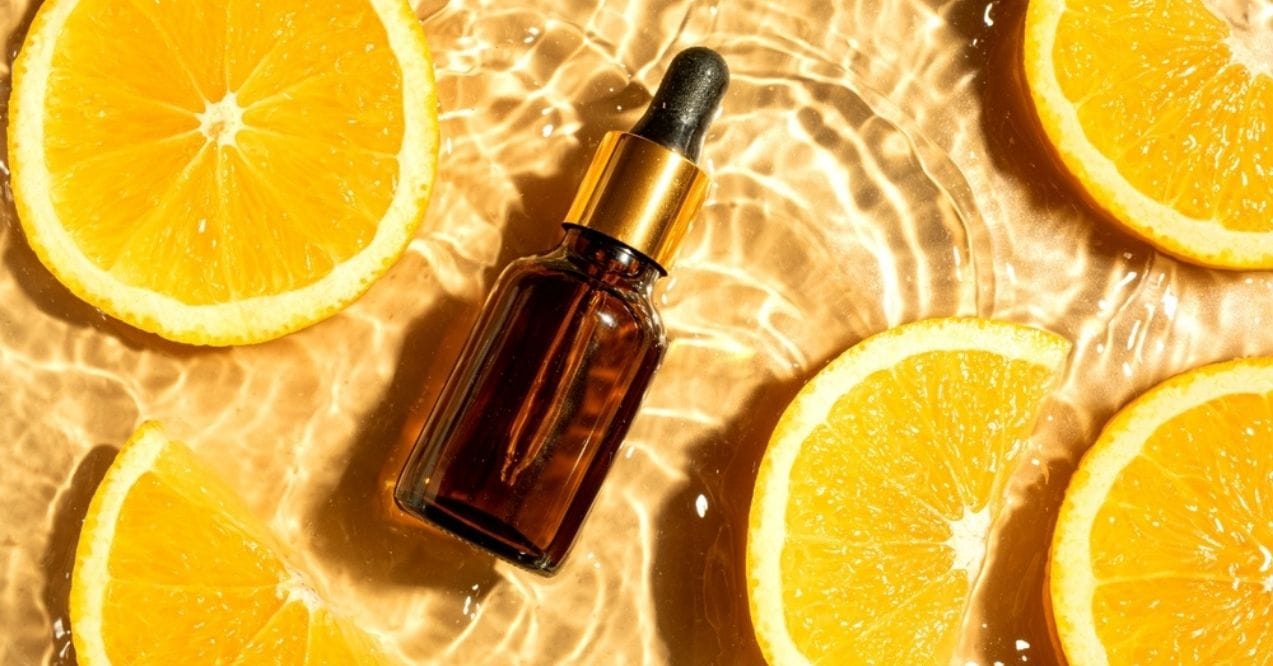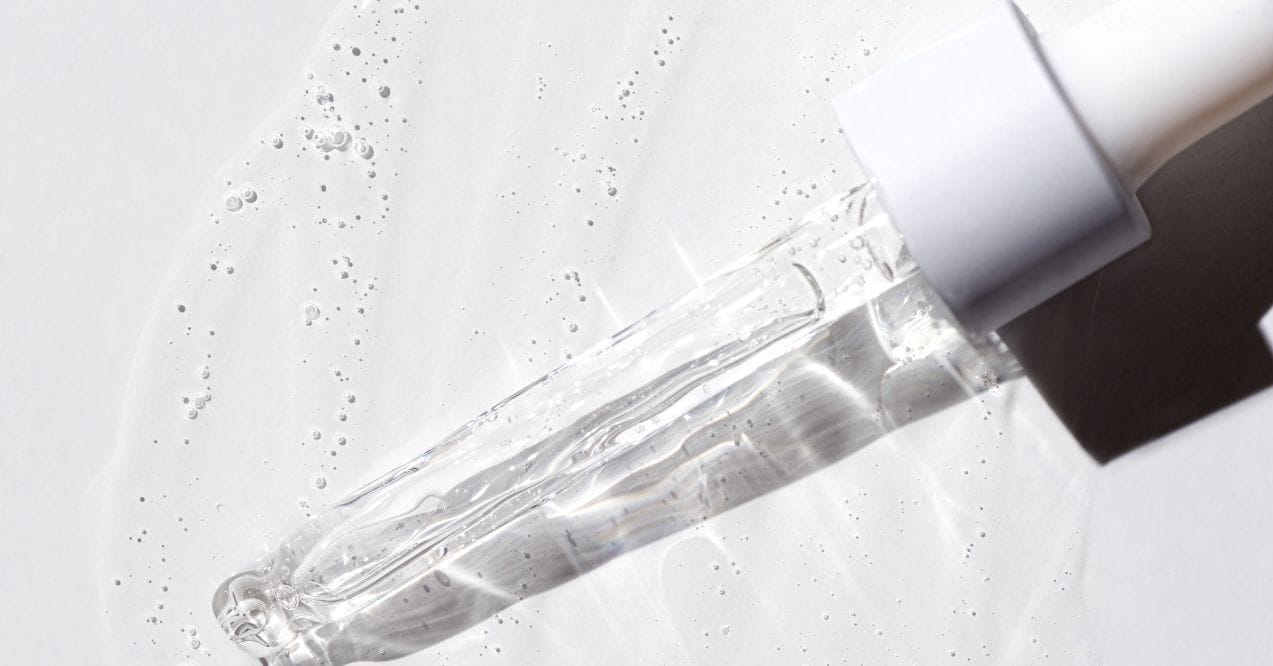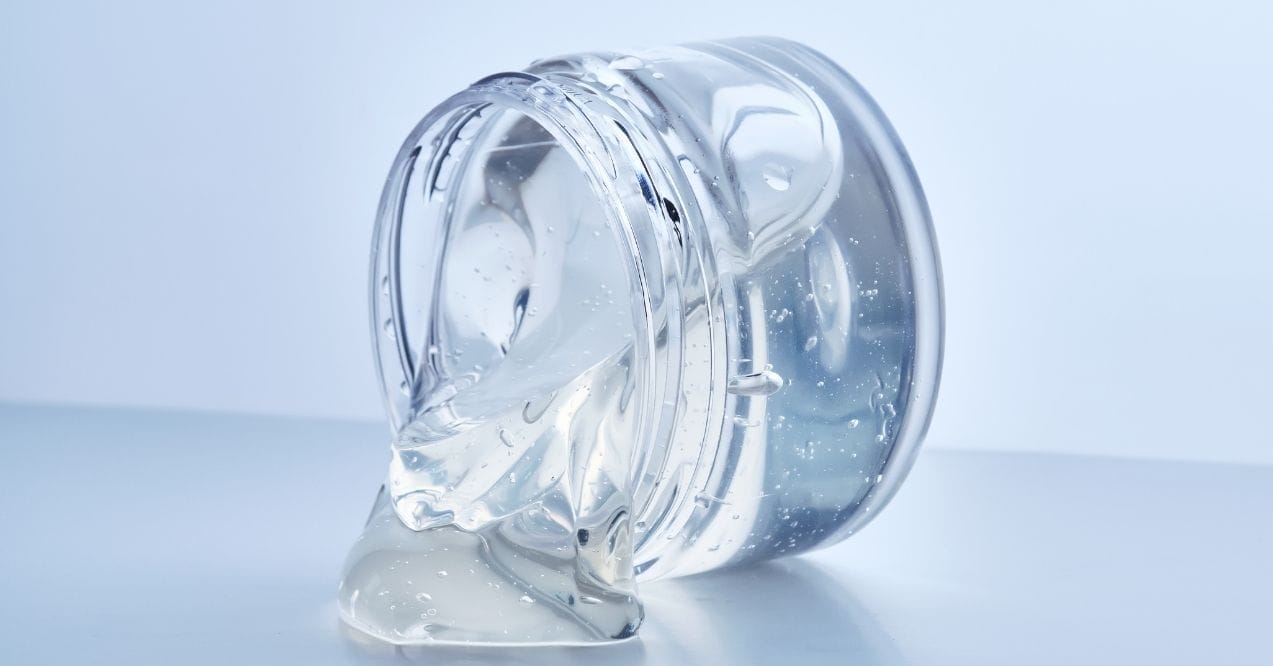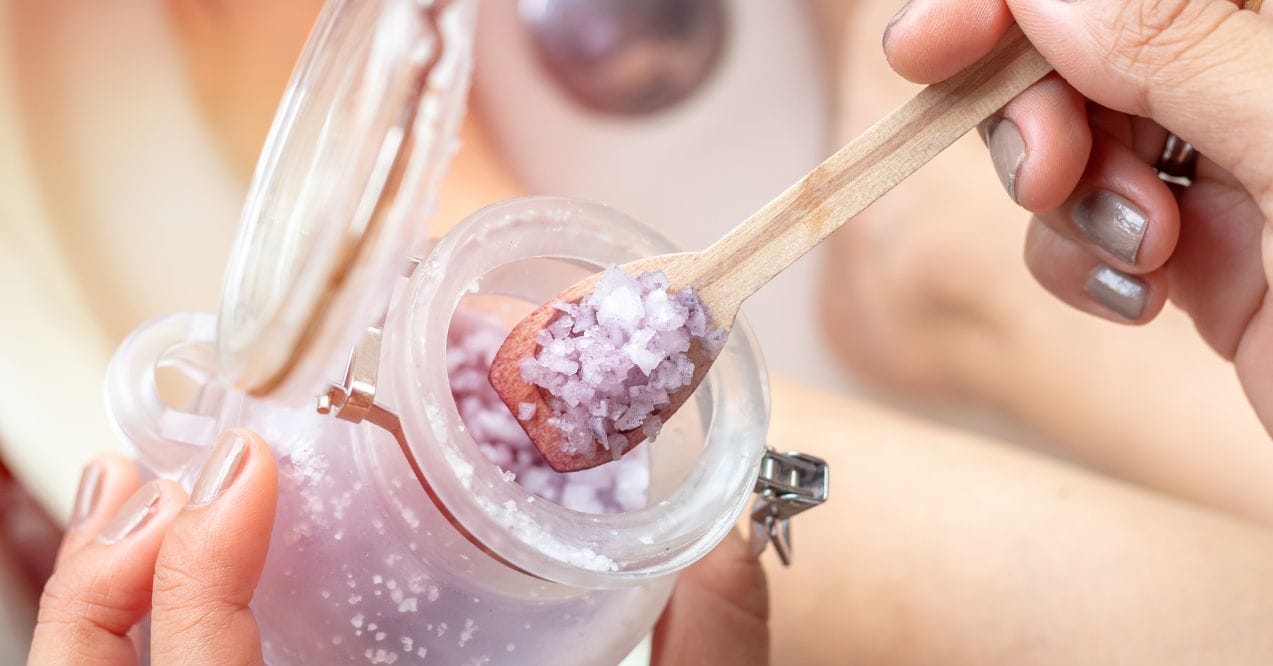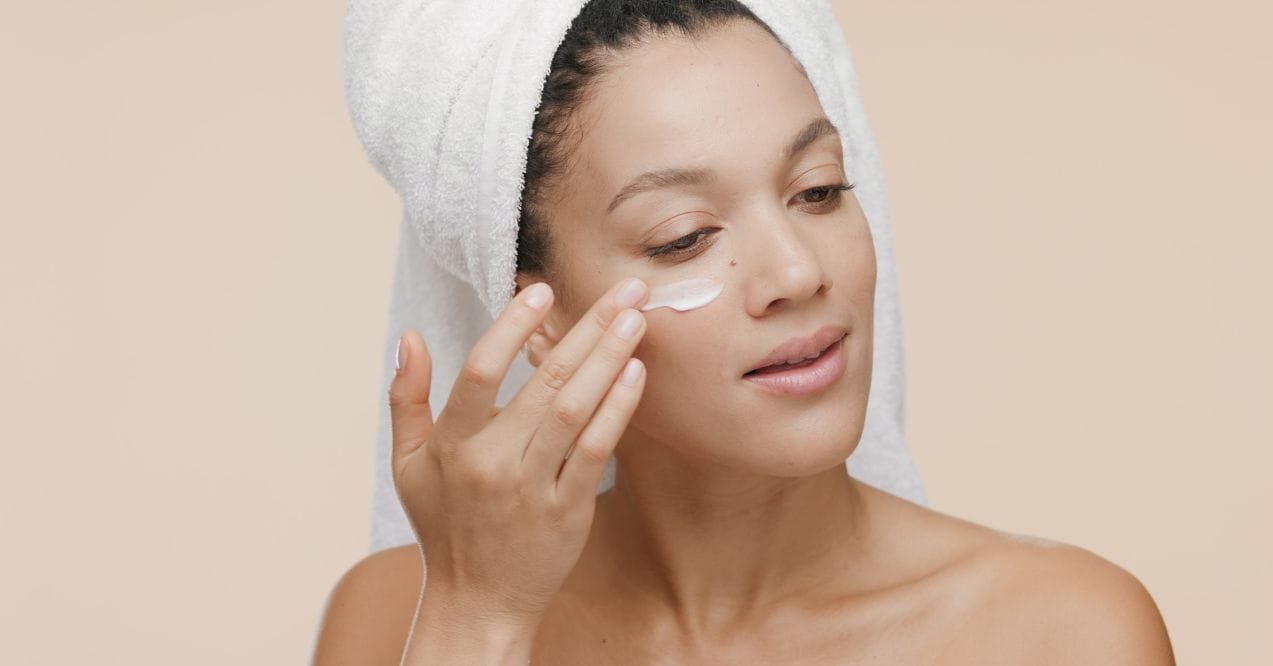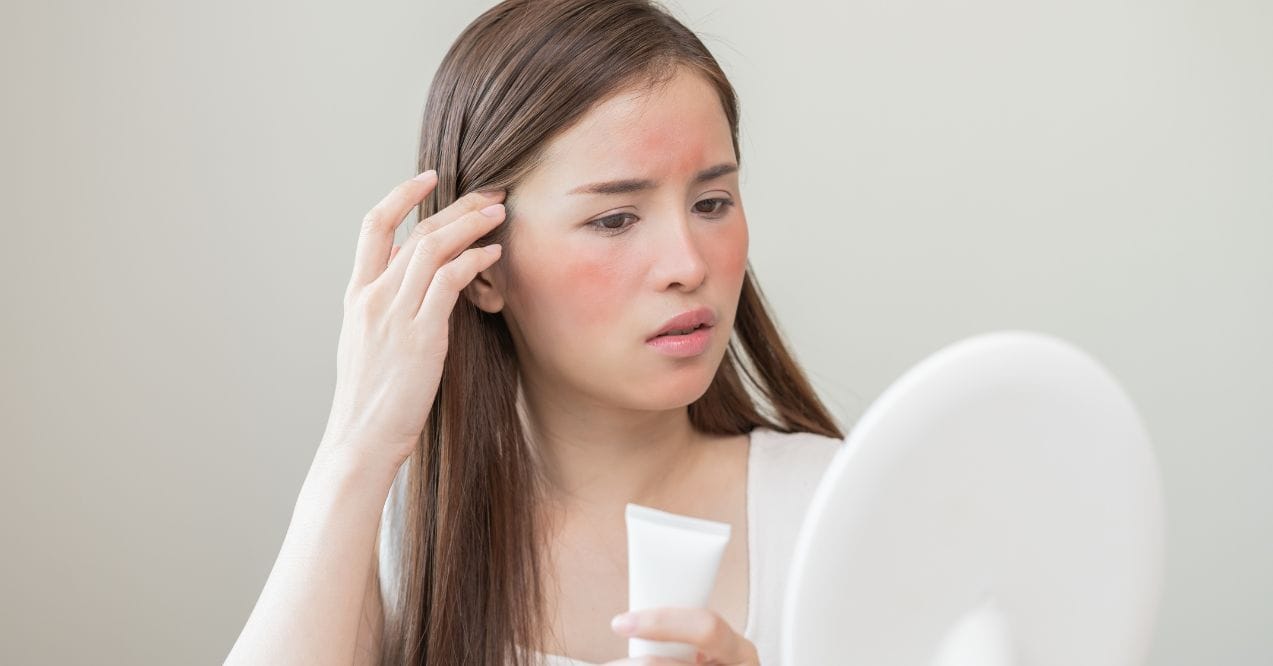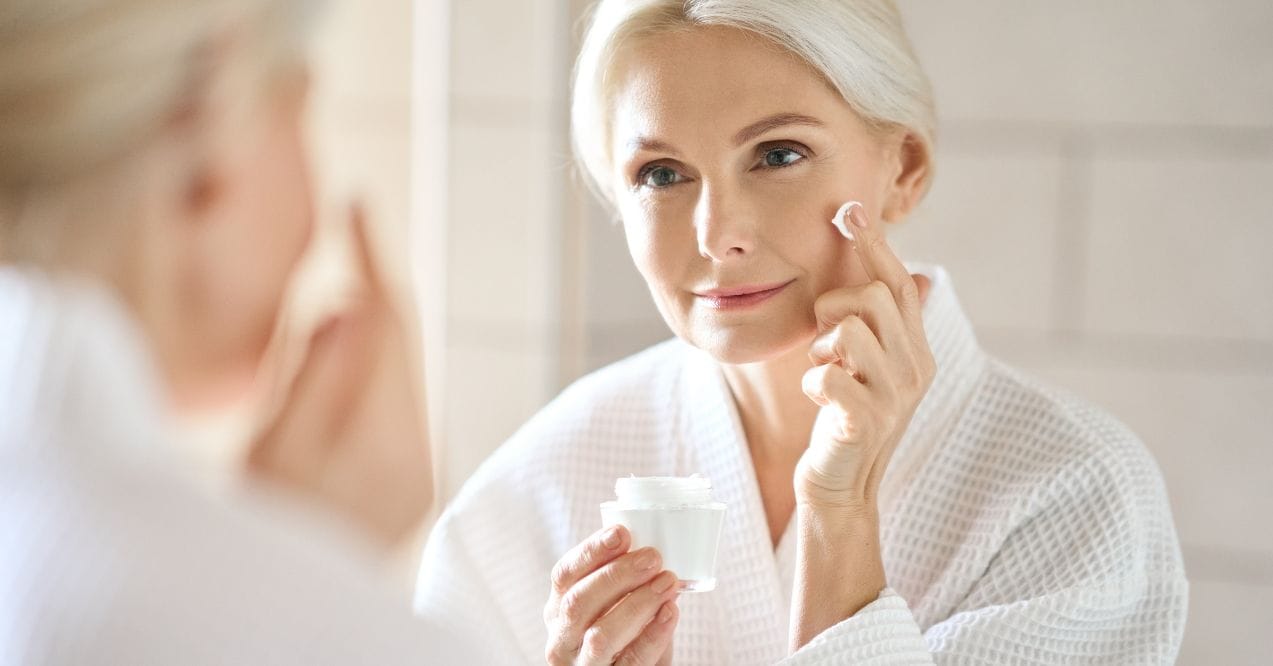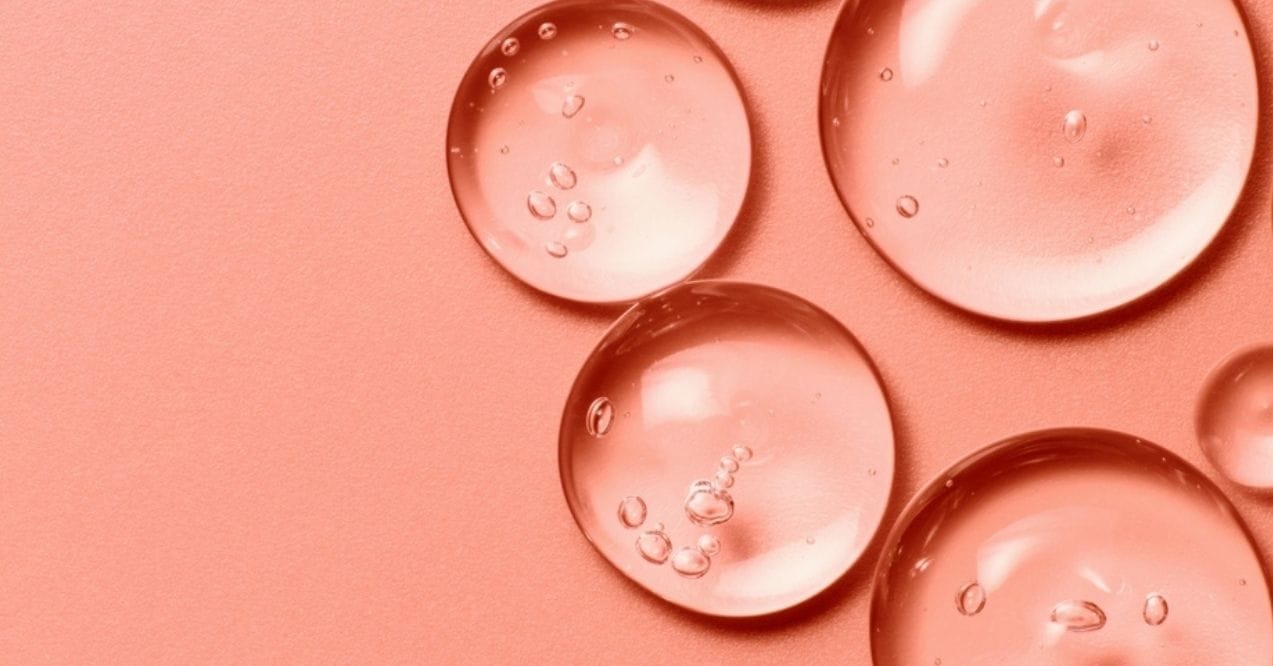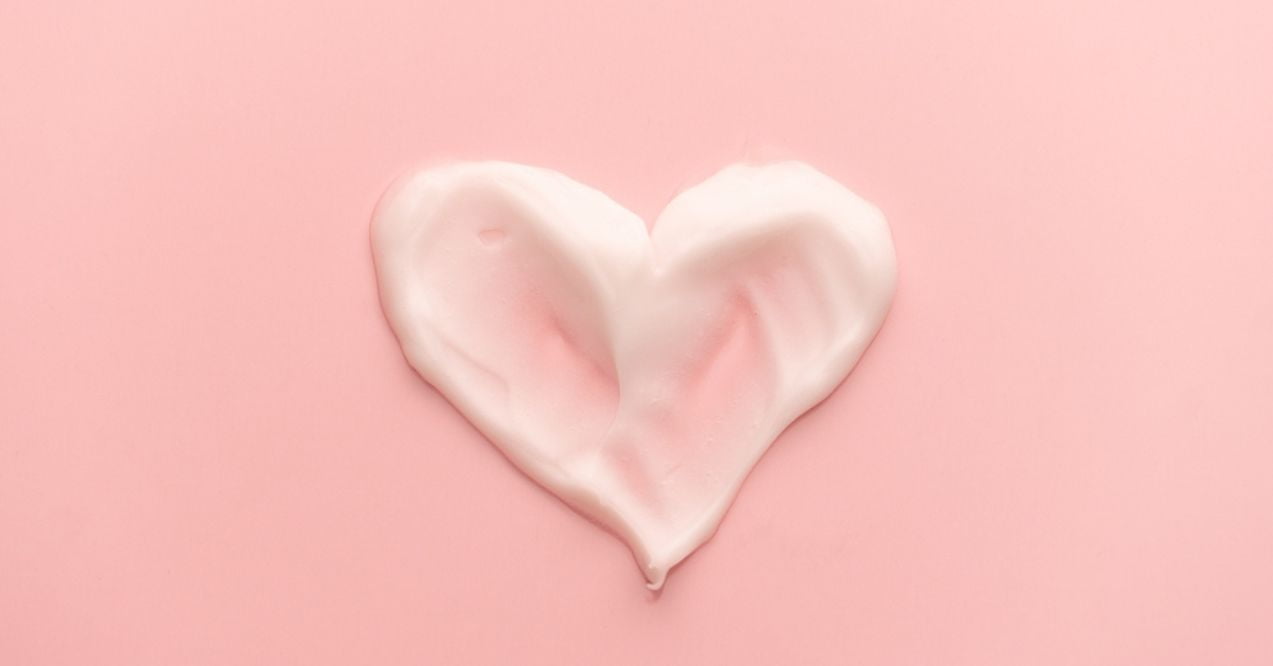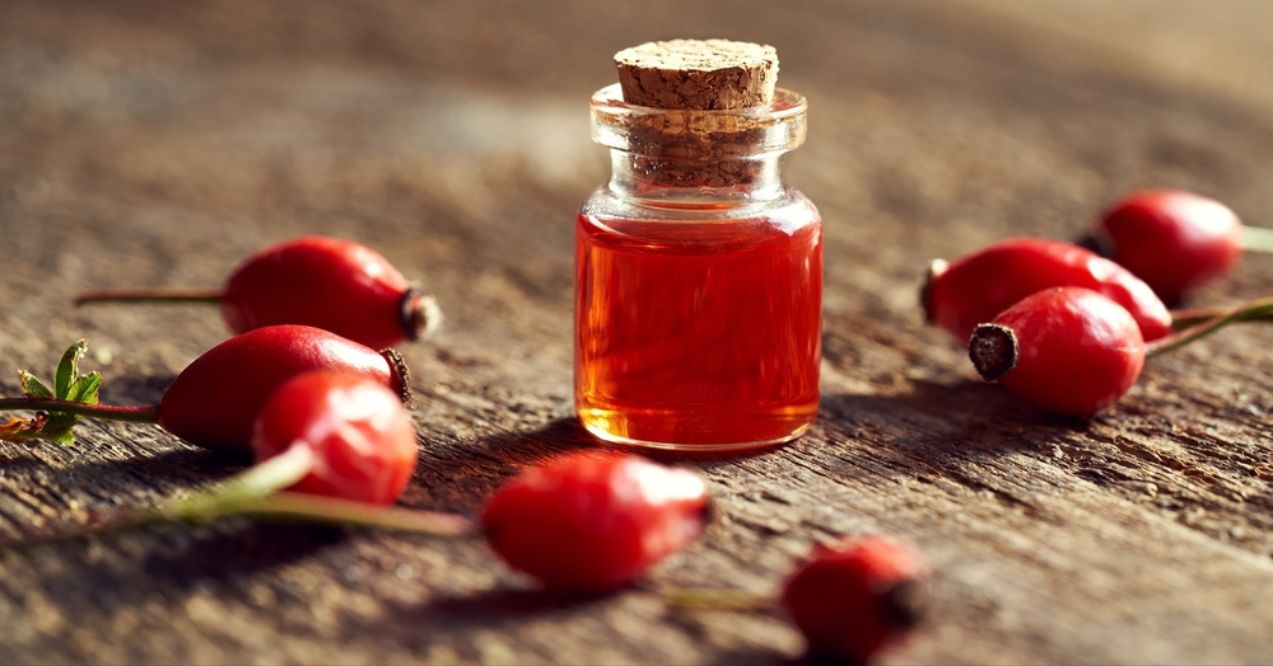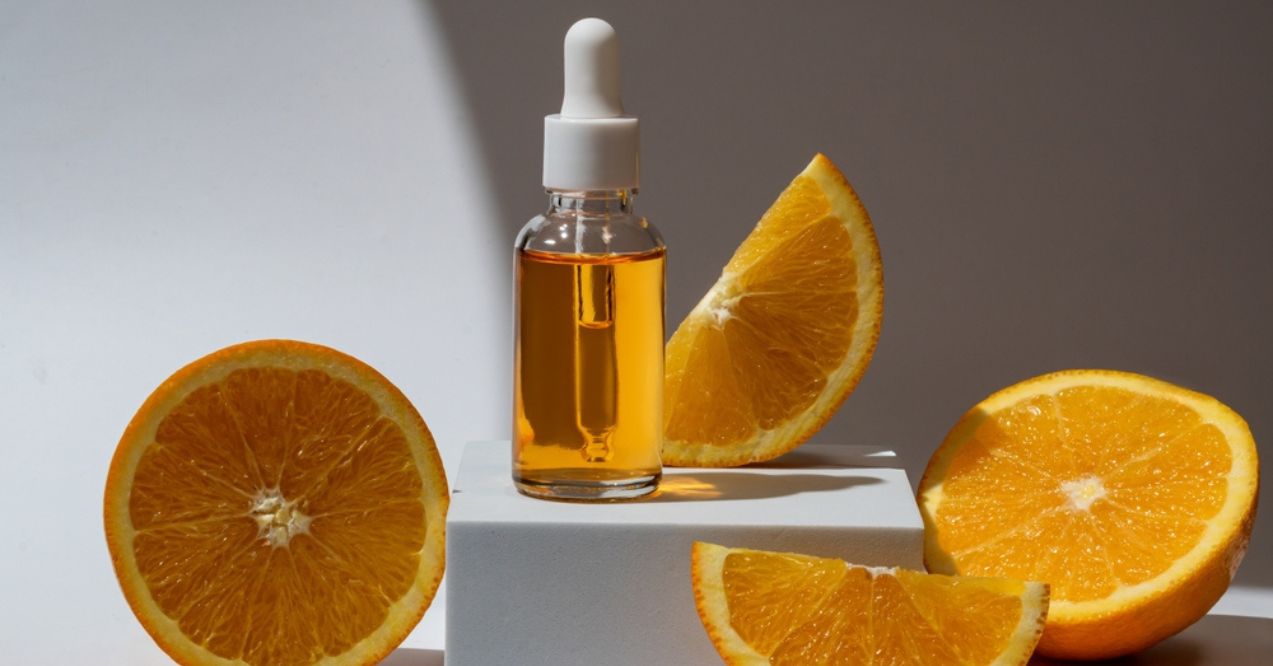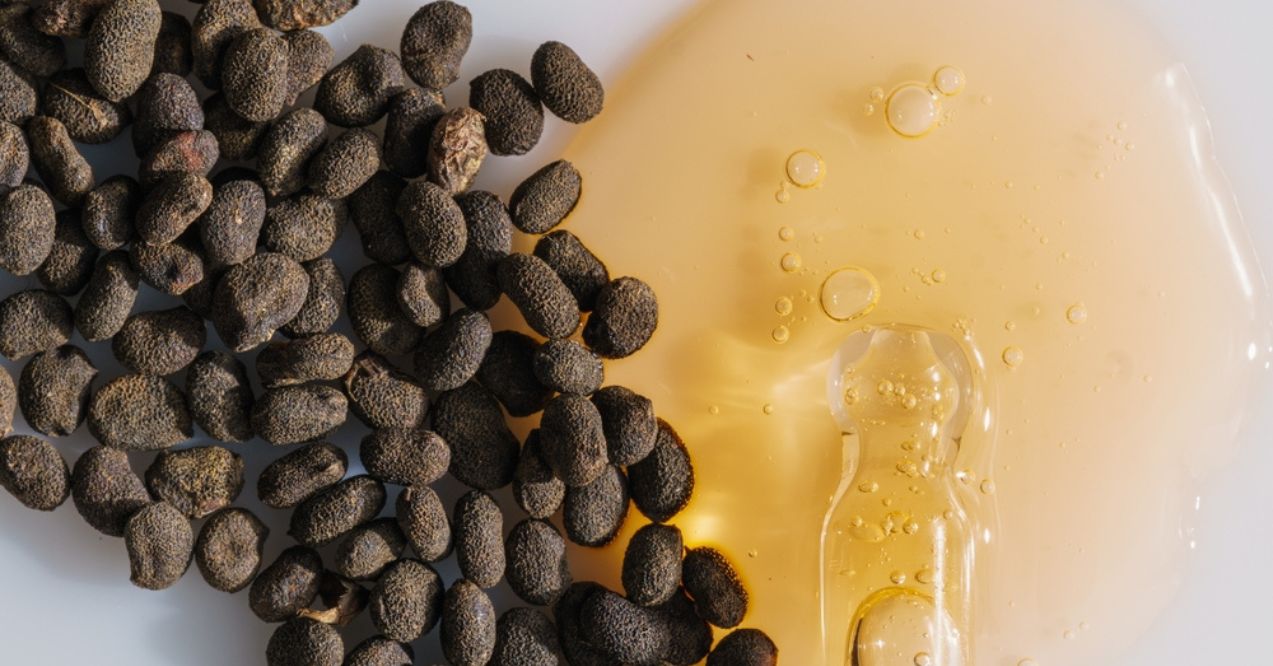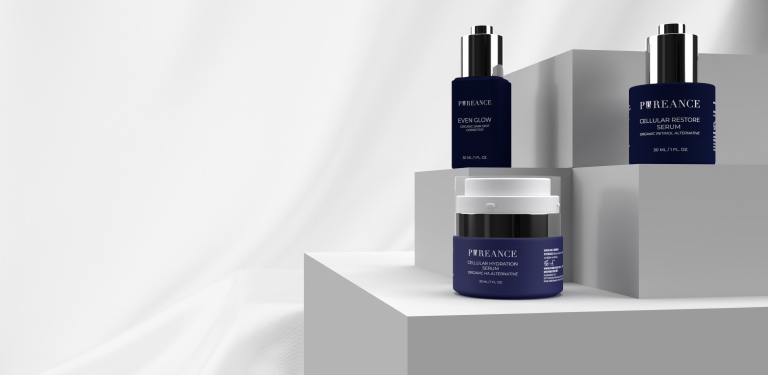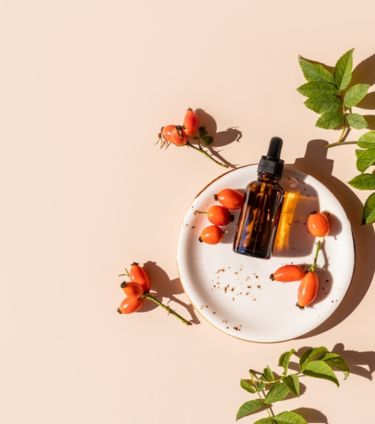


10 Amazing Rosehip Oil for Face Benefits You Should Know
Discovering the rosehip oil for face benefits can be a game-changer for your skincare routine. This natural oil, derived from the seeds of wild rose bushes, has gained significant popularity in recent years. Packed with essential fatty acids and vitamins, rosehip oil offers a multitude of advantages for skin health and appearance.
In this blog post, we’ll explore ten remarkable benefits of incorporating rosehip oil into your facial care regimen. From supporting skin hydration to promoting a more even-toned complexion, rosehip oil has something to offer for various skin concerns.
Key Article Findings
- Rosehip oil deeply hydrates the skin without leaving a greasy residue, making it suitable for all skin types.
- Rich in vitamins A and C, rosehip oil helps reduce fine lines, improve skin elasticity, and fade scars and hyperpigmentation.
- Its anti-inflammatory properties soothe irritated skin and can help manage acne while promoting a more even skin tone.
Benefit of Rosehip Oil for Face
Exploring the rosehip oil for face benefits routines reveals a blend of well-known and surprising advantages that can transform your skincare regimen. This section delves into ten incredible benefits of rosehip oil for face, showcasing how this natural ingredient can elevate your skin’s health and appearance.
1. Deep Hydration Without the Grease
One of the key rosehip oil benefits for face care is its ability to provide deep hydration without leaving a greasy residue. Rich in essential Omega fatty acids such as linoleic and linolenic acids, rosehip oil penetrates deeply into the skin, locking in moisture and supporting the skin’s natural barrier.
Unlike heavier oils, rosehip oil is light and absorbs quickly, making it ideal for all skin types, including oily skin. Additionally, the linoleic acid helps balance sebum production, reducing the greasy feel while ensuring adequate hydration.
2. Natural Anti-Aging Powerhouse
Due to its high concentrations of vitamins A and C, along with potent antioxidants, rosehip oil is a natural powerhouse when it comes to slowing signs of aging. These components work together to improve skin elasticity and reduce the appearance of fine lines and wrinkles.
According to study (2024), the antioxidants in rosehip oil help neutralize free radicals, which are primary contributors to skin aging. Additionally, rosehip oil contains beta-carotene, a precursor of vitamin A, which plays a crucial role in repairing and rejuvenating damaged skin cells, further enhancing its anti-aging properties.
3. Scar and Stretch Mark Reduction
The ability of rosehip oil to minimize scars, including acne scars and stretch marks, is also well-documented. Its high fatty acid content, particularly omega-3 and omega-6, supports skin regeneration and improves the appearance of scars. Additionally, a lesser-known component, trans-retinoic acid, found in rosehip oil, has shown promising results in clinical trials for reducing scar tissue and enhancing skin regeneration.
4. Evening Out Skin Tone
Evening out skin tone is another benefit of rosehip oil for face care. Vitamin C, a key ingredient in rosehip oil, is known for its skin-brightening properties and its ability to reduce hyperpigmentation. It is particularly beneficial for individuals dealing with uneven skin tone due to sun damage or age spots.
But how does it compare to other oils used for skin radiance? Rose oil and rosehip oil each offer unique benefits, making it important to understand their differences when choosing the best one for your routine.
Practical application tips include using rosehip oil as a serum under your moisturizer for optimal results. Additionally, the vitamin E content in rosehip oil works synergistically with vitamin C to enhance skin brightening and even out skin tone, offering a comprehensive solution for achieving a more uniform complexion.
5. Anti-Inflammatory Benefits
Rosehip oil also offers significant anti-inflammatory benefits, helping to reduce redness and soothe irritated skin. Its natural composition includes polyphenols and anthocyanin, compounds known for their anti-inflammatory effects.
These properties make rosehip oil beneficial for calming conditions characterized by inflammation and redness. Studies have shown that the anti-inflammatory compounds in rosehip oil can help reduce skin irritation and redness, promoting a calmer, more even complexion.
6. Protection Against Sun Damage
Rosehip oil is rich in antioxidants, which play a crucial role in repairing and protecting the skin from sun damage. Antioxidants like vitamins C and E help neutralize free radicals, which are responsible for skin damage caused by UV exposure.
Additionally, rosehip oil contains lycopene, a potent antioxidant that helps protect skin cells from UV damage. While rosehip oil is not a substitute for sunscreen, it can complement your sun protection routine by helping repair and reduce further damage. Using rosehip oil daily can provide an added layer of defense against the harmful effects of the sun.
7. Boosts Skin Elasticity and Collagen Production
Rosehip oil may improve skin elasticity and promote collagen production. Collagen is essential for maintaining skin firmness and elasticity. Rosehip oil is rich in vitamin C, which stimulates collagen synthesis. Additionally, the presence of galactolipids in rosehip oil enhances collagen production, improving skin structure and elasticity.
8. Helps with Acne Management
Rosehip oil’s natural properties make it valuable for acne management. Its anti-inflammatory and antimicrobial properties help reduce inflammation and help prevent clogged pores. Unlike traditional acne treatments that can be harsh and drying, rosehip oil provides a gentler alternative.
Its linoleic acid content helps regulate sebum production, reducing the likelihood of acne breakouts without clogging pores, making it an effective and gentle option for acne management.
Furthermore, the antimicrobial properties of rosehip oil can help reduce the bacteria that contribute to acne formation. Using rosehip oil in an acne care regimen can help manage acne while maintaining skin hydration and health.
9. A Natural Solution for Hyperpigmentation
Rosehip oil is effective in reducing dark spots and hyperpigmentation. Its high vitamin C content helps brighten the skin and fade dark areas. Natural retinoids in rosehip oil accelerate cell turnover, helping to fade hyperpigmentation more quickly.
For best results, apply rosehip oil directly to affected areas before bedtime and consider pairing it with a vitamin C serum for enhanced effects. Regular use can lead to a more even skin tone over time.
10. Versatile Skincare Ingredient
Rosehip oil’s versatility makes it an excellent choice for various skincare routines. It can be used as a moisturizer, serum, or even mixed with other products to enhance their benefits. For a DIY approach, combine rosehip oil with aloe vera gel for a soothing face mask, or mix it with your favorite moisturizer for added hydration.
Beyond skincare, rosehip oil can also alleviate dry scalp conditions and strengthen hair, showcasing its wide range of uses. This versatility ensures that organic rosehip oil for face benefits can extend to other parts of your beauty regimen, making it a multifaceted skincare staple.
Conclusion
Understanding the benefits of rosehip oil for your face can transform your skincare routine. This versatile oil offers deep hydration, supports skin elasticity, and reduces signs of aging without clogging pores. Its rich vitamin content also helps fade scars and hyperpigmentation, making it a powerful natural remedy for a variety of skin concerns. By incorporating rosehip oil into your daily regimen, you can achieve a more hydrated, youthful, and radiant complexion.
Yes, you can use rosehip oil if you have oily skin. Its linoleic acid content helps balance sebum production, providing hydration without a greasy feel, making it suitable for oily skin types.
Rosehip oil is generally safe, but some people may experience mild irritation or allergic reactions. It’s advisable to do a patch test before full use. Consult with a dermatologist if you have sensitive skin or existing skin conditions.
Yes, rosehip oil can help with acne scars. Its high fatty acid content supports skin regeneration, and natural retinoids accelerate cell turnover, reducing the appearance of scars over time. Regular use may improve skin texture and tone.
Yes, rosehip oil is naturally effective for anti-aging. It contains vitamins A and C, which boost collagen production and improve skin elasticity, reducing the appearance of fine lines and wrinkles for a more youthful complexion.
This site offers health, wellness, fitness and nutritional information and is designed for educational purposes only. You should not rely on this information as a substitute for, nor does it replace, professional medical advice, diagnosis, or treatment. If you have any concerns or questions about your health, you should always consult with a physician or other health-care professional. Do not disregard, avoid or delay obtaining medical or health related advice from your health-care professional because of something you may have read on this site. The use of any information provided on this site is solely at your own risk.
Nothing stated or posted on this site or available through any services are intended to be, and must not be taken to be, the practice of medical or counseling care. For purposes of this agreement, the practice of medicine and counseling includes, without limitation, psychiatry, psychology, psychotherapy, or providing health care treatment, instructions, diagnosis, prognosis or advice.
